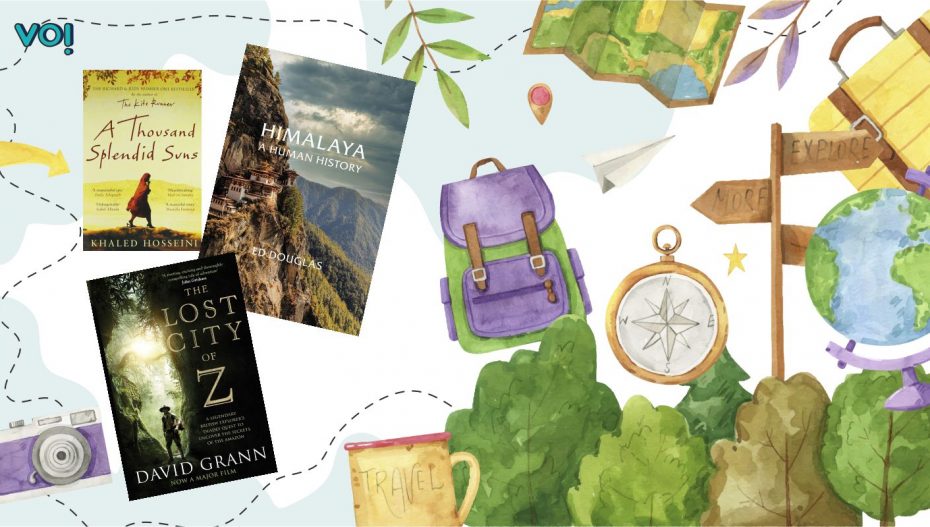The beauty of good literature lies in its ability to carry us miles across mountains, seas, and fjords, all with a single paragraph. It makes our imagination soar in the sky and plunges it into the deep depths of fantasy. The beauty of a good travel book lies in the fact that its evocative and heady writing can be utterly immersive, and reading it can be as transformative as the journey itself. With the pandemic putting a damper on our travel plans yet again, the following is a list of books sure to transport you to another country without getting your visa stamped.
Heart of Darkness by Joseph Conrad–
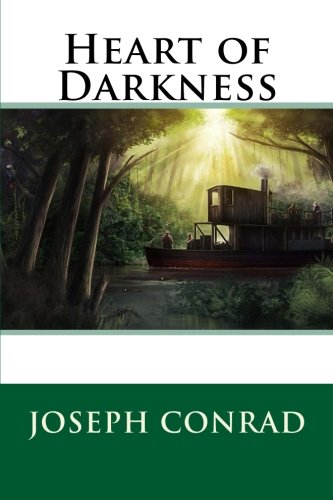
This novella recounts steamboat captain Charles Marlow’s journey up the Congo river to meet the infamous Kurtz. The story works on multiple levels, not only as a metaphorical representation of the time but as a deep foreboding look into the human psyche. Set in the heart of Africa, the reader witnesses the savage, brutal and dehumanising behaviour of the ‘civilised’ gentry appalling enough to make this land a black abyss.
Into the Wild by Jon Krakauer–
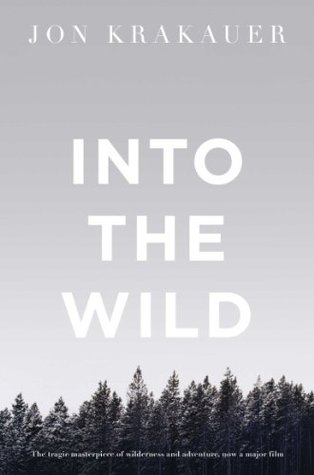
The search for a life of adventure made Chris McCandless venture into the wild. He left behind his family, friends, and material possessions to find the meaning of life beyond confinement, conformity, and contentment. Through his masterful storytelling, Krakauer adds a layer of intimacy to the true story of this intelligent man who met his end in Alaska, doing what he loved most- being free.
Kitchen Confidential & Medium Raw by Anthony Bourdain–
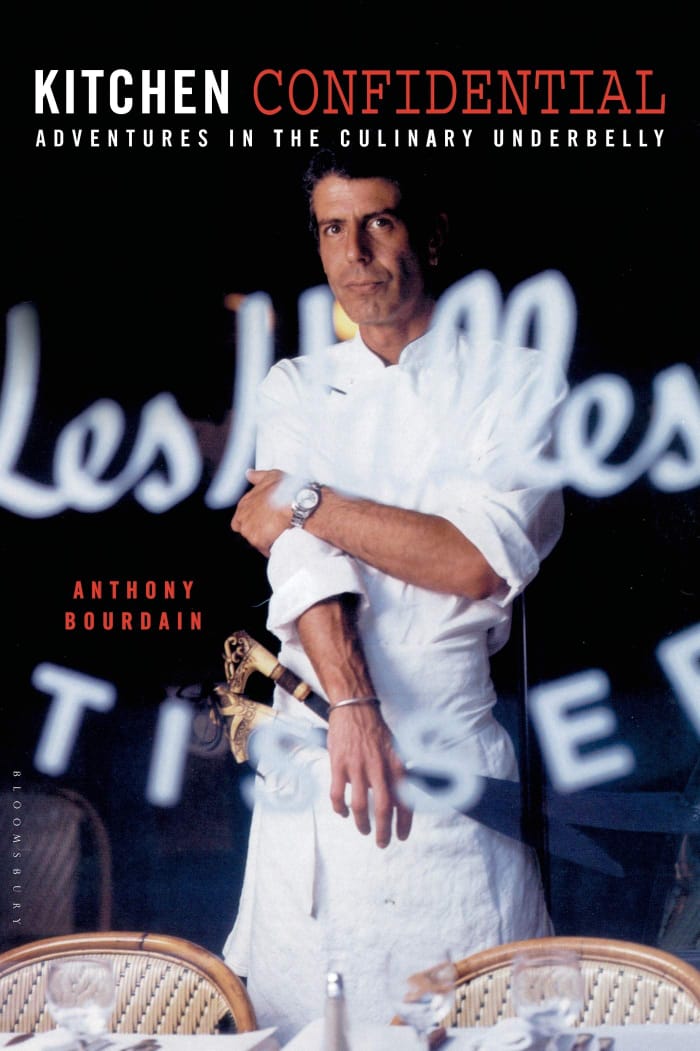
The reason I have included both these memoirs, the former written in the year 2000 and the latter written a decade later, is because they serve as companion books. To understand the progression that Bourdain made from an omniscient, profanity slinging, arrogant cook to a resigned chef who’s more forgiving about the shortcomings of the food industry and critically examines all the notions he’d staunchly held onto ten years ago is enlightening and entertaining.
On the Road by Jack Kerouac–
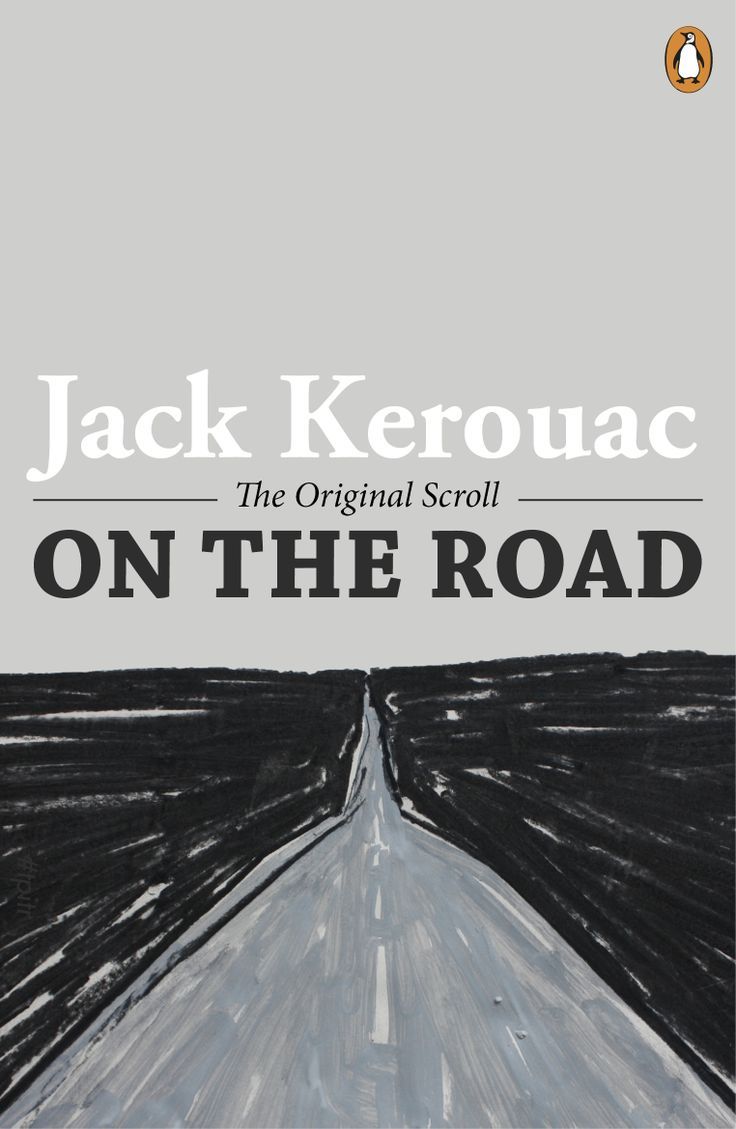
A brilliant travelogue that captures the zeitgeist of the fifties and serves as a harbinger of the hippie movement of the sixties. This Kerouac novel made him a household name and a youth icon for many generations to come. Travelling across America with Sal and Dean, this skillfully crafted prose makes one fall in love with roads, towns, and cities and the carefree, no holds bar ‘beat’ lifestyle.
The Caliph’s House: A Year in Casablanca by Tahir Shah –
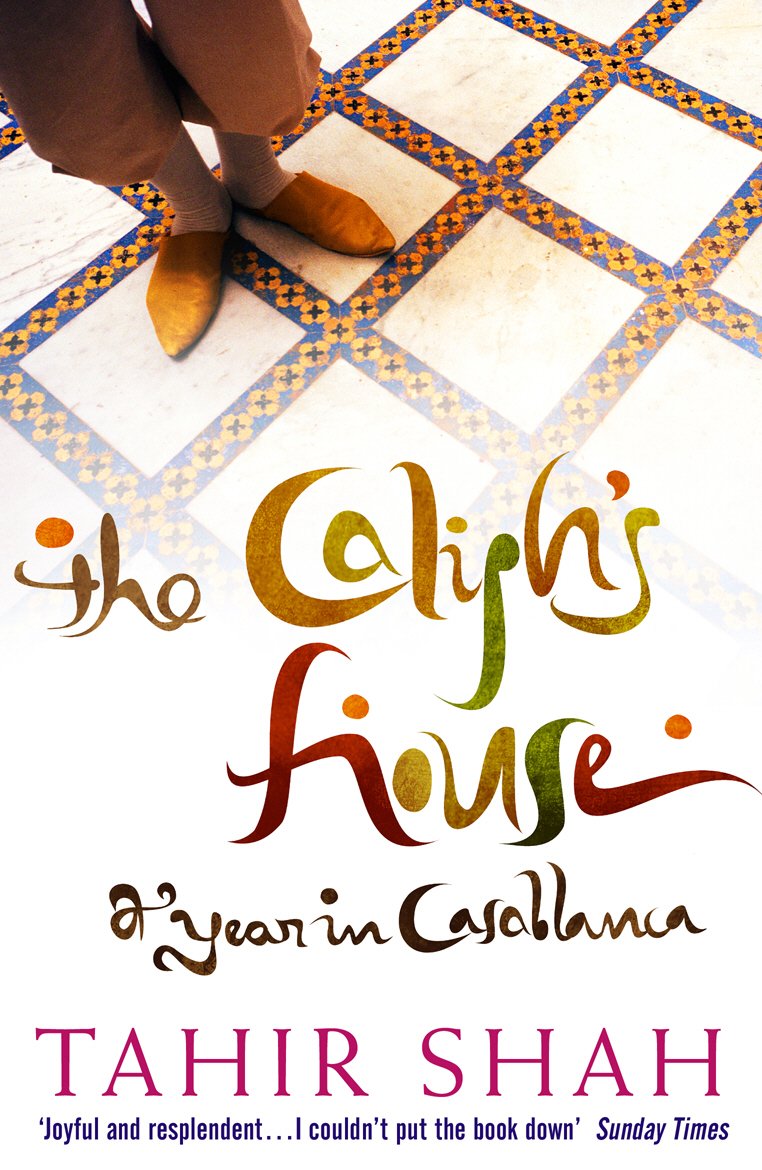
Fascinating and hysterically funny, Anglo-Afghan travel writer Shah documents his family’s move from rainy England to Morocco and into their 22 bed ‘Caliph’s House’. In the process of remodelling this large derelict large mansion, everything goes haywire. From angry jinns to doleful guardians, from corrupt contractors to honest thieves, local gangsters to goat sacrifices, this book is so fantastical at times that it barely reads like nonfiction. Yet, Tahir lives in that house to this day.
The Wild Places by Robert Macfarlane –
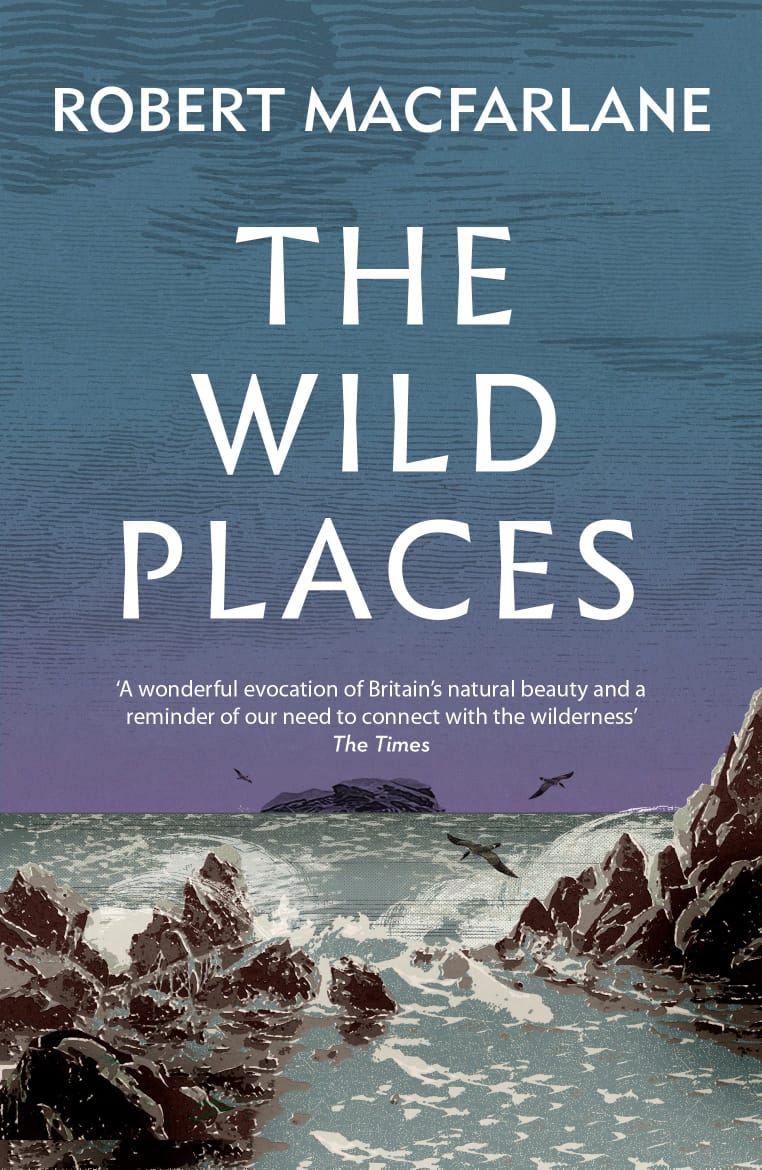
A beautiful, lyrical meditation on wildness and whether or not wild places still exist in the U.K. The themes that flow through MacFarlane’s writing – friendship, life, death, the past, present and future of our species and our relationship with our surroundings – feel like a layered extension of the landscapes he observes so keenly. And the untimely death of his friend adds a moving and very human dimension to what is already a remarkable book.
The Lost City of Z: A Tale of Deadly Obsession in the Amazon by David Grann–
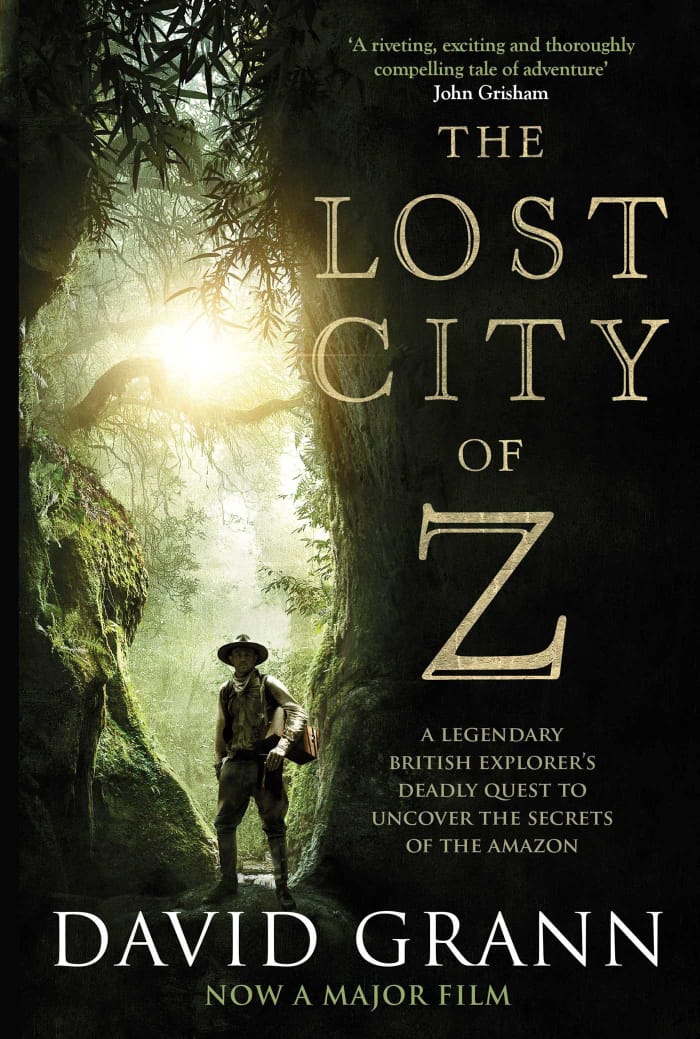
Though a nonfiction novel, this riveting book reads like historical fiction. Grann takes us on an adventure through the Amazon in search of the famous explorer Percy Fawcett and his small crew that went missing eighty years ago. The central premise is the search of the legendary City of Z, belonging to an ancient forgotten civilisation and all the doomed clues that led the explorers to become lost to time just as the city was.
Himalaya: A Human History by Ed Douglas–
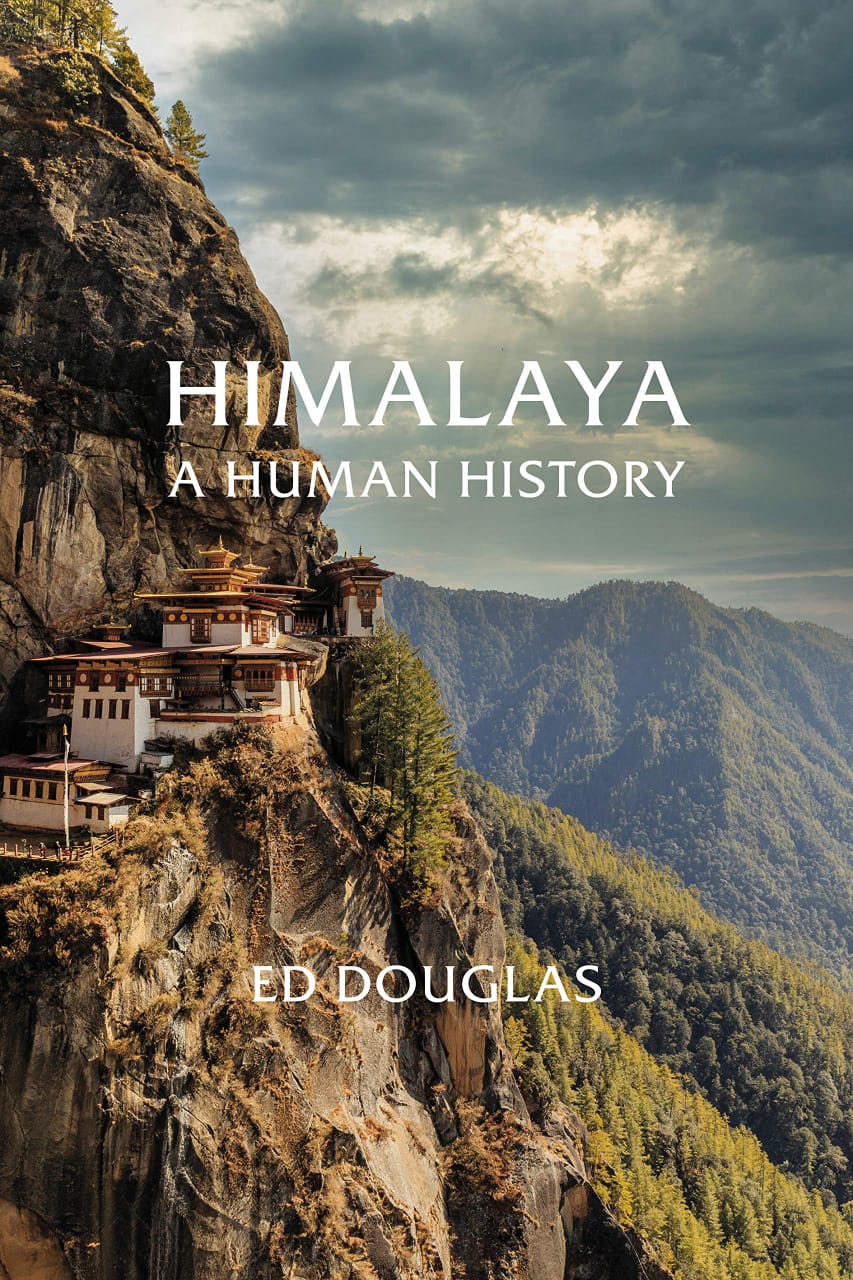
This tome is a twenty-five-year-old project of Douglas’s chronicling the minute details needed to create a ‘human history’. This comprehensive account will transport you directly to the mountains with its thorough and meticulous descriptions interspersed with anecdotes and myths. A one-stop guide to the Himalayas covering the socio-economic impact of the East India Company, British colonialism, botany, mountaineering, boundary disputes, generations of Nepalese politicians and royalty, Queen Elizabeth tiger hunting, Chinese highway into Kathmandu, deaths on Chomolungma (sometimes known as Mount Everest) to name a few.
A Thousand Splendid Suns by Khaled Hosseini –
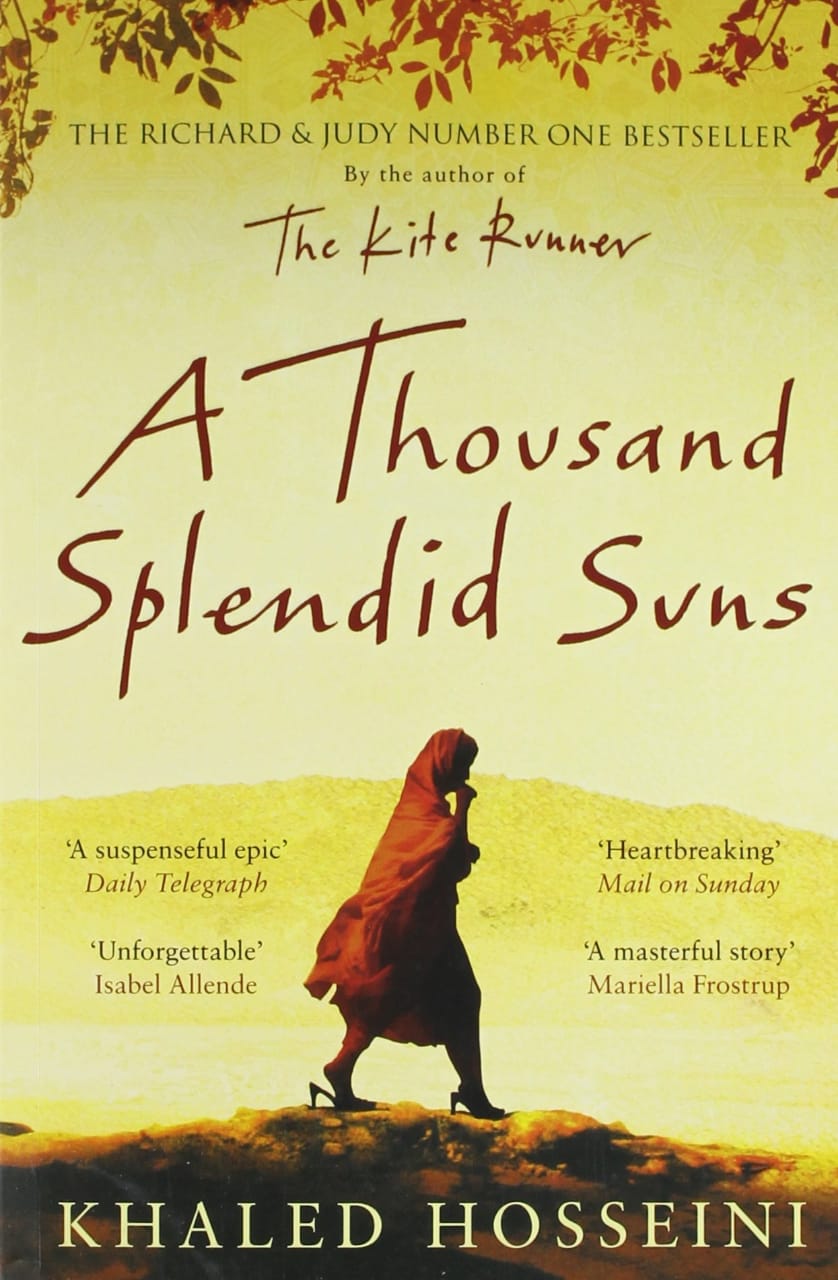
From the mountains, we now come down to the desert. This book has a tempest within its pages. It is the tale of two brave, intelligent and resolute women, Laila and Mariam and their journey of having their hopes and dreams dashed and realised against the jagged backdrop of war-ravished Afghanistan. Despite oppression, cruelty and subjugation, the two women come together to form a powerful bond of sisterhood.
Disappearing Earth by Julia Phillips–
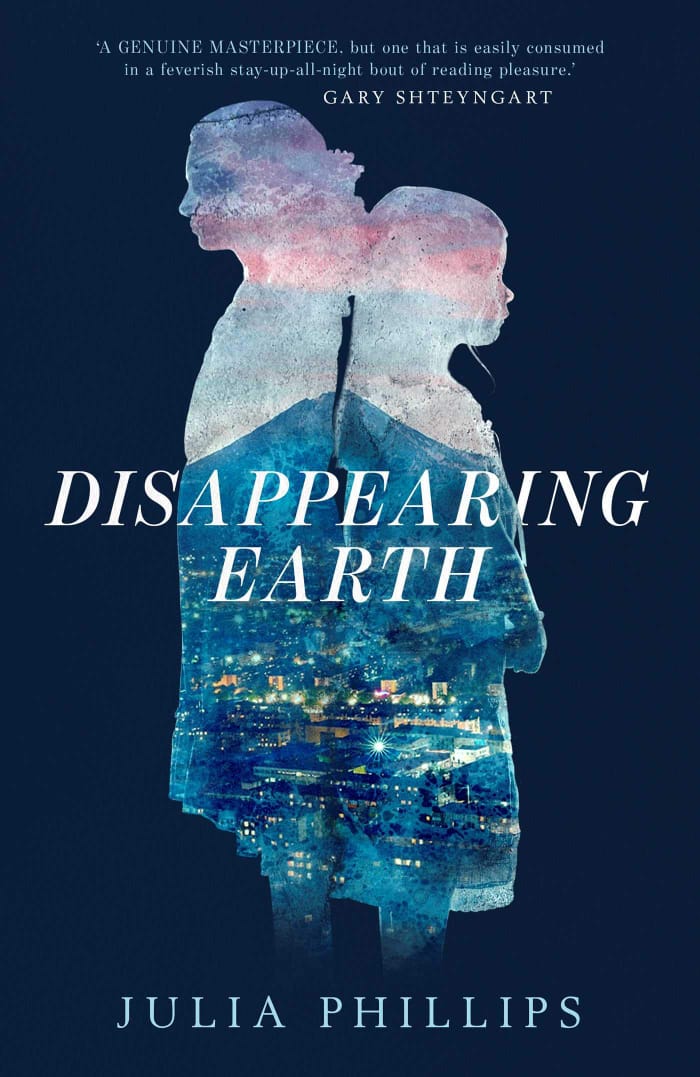
This blistering story takes place in Kamchatka, a remote peninsula hanging off the coast of Siberia. Its desolate landscape creates a harrowing background for the abduction of the two young girls. It’s not so much a fast-paced thriller, but a look into the women’s lives connected and affected by these girls’ abduction. Refreshingly original, this tale will give the reader an insight into life in one of the most mysterious places on Earth.



